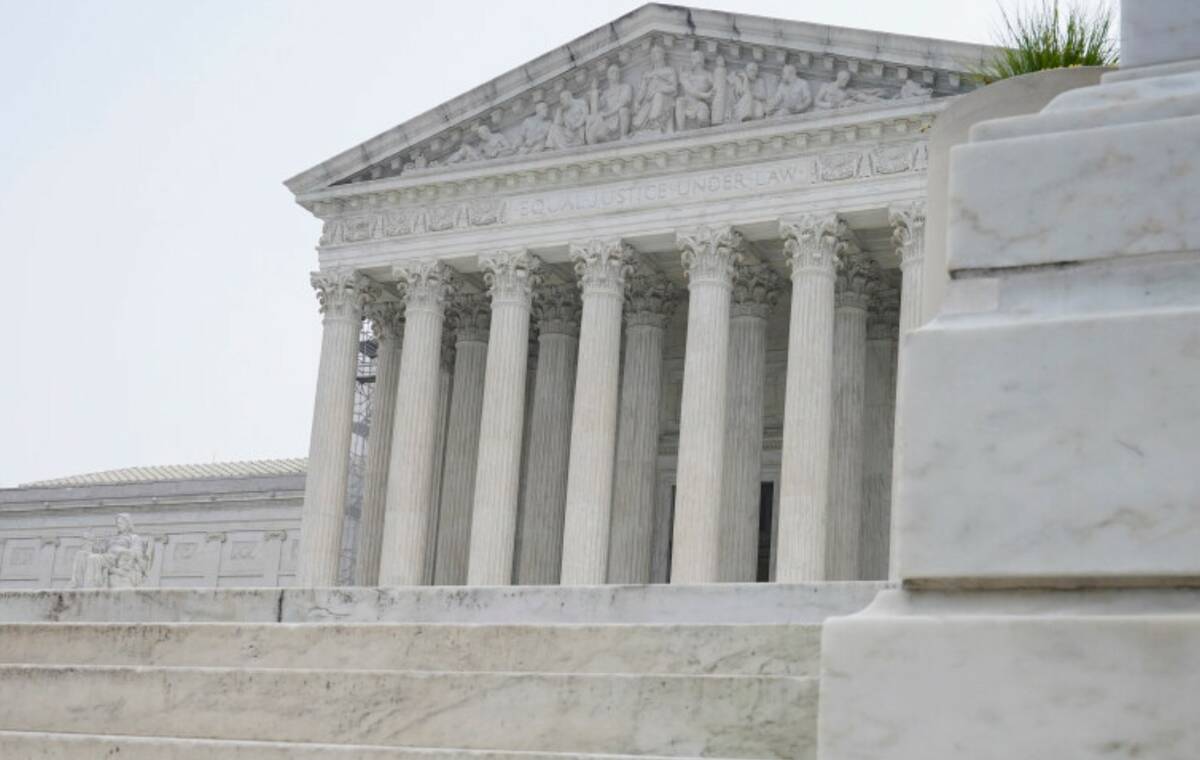EDITORIAL: The vast administrative state is on the docket
The late civil libertarian Nat Hentoff once wrote, “Ignorance of the law is no defense, but if nobody knows what the law is, we’re all defenseless.”
Welcome to the modern administrative state, where unelected bureaucrats make and enforce law largely unencumbered by traditional checks and balances.
On Wednesday, the U.S. Supreme Court heard arguments in two cases that could lead to the most significant decision of the term. The disputes concern the so-called Chevron doctrine, which derives from a 1984 high court ruling that judges should largely defer to executive branch interpretation of ambiguous legislation.
The decision greatly enhanced the power of the regulatory state at the expense of Congress and the judiciary. The Cato Institute notes that the Biden administration in 2021 “issued 3,257 regulations with the force and effect of law, whereas Congress passed 81 laws during that time.” Agencies not only issue edicts that serve as law, Cato points out, they also police those rules and adjudicate their enforcement.
During arguments involving two fisheries that contested rules imposed in 2020 by the National Marine Fisheries Service, several justices expressed skepticism about providing bureaucrats too much authority. This has progressives in a tizzy, fearing that the court will diminish the power of federal agencies. Oh, the humanity!
But as The Wall Street Journal noted this week, Chevron deference “has corrupted all three levels of government. It lets Congress abrogate its duty to write clear laws, the bureaucracy to grab more power and the court to abandon their normal method of judicial review.”
Indeed, without Chevron, Congress will be forced to do its job when it comes to crafting legislation. Meanwhile, by deferring to “experts” when it comes to poorly written law, the judiciary not only relinquishes its constitutional duty as an interpreter of law and a check on legislative and executive power, it provides an incentive for bureaucracies to flex their muscles. Who, then, is left to stand up for the poor souls whose rights are trampled by overzealous federal functionaries?
“Concern for any judge,” Justice Brett Kavanaugh said Wednesday, “is abdication to the executive branch running roughshod over limits established in the Constitution or, in this case, by Congress.”
The status quo empowers a vast regulatory apparatus that reaches into virtually every aspect of American life and makes it impossible for most people “to avoid violating at least some laws, or even to keep track of all the laws that apply to them,” Ilya Somin, a law professor at George Mason University, wrote for The Washington Post. It is also an affront to the separation of powers, a bedrock constitutional principle designed to protect against the dangers of consolidated authority.
The court should ditch Chevron.

















